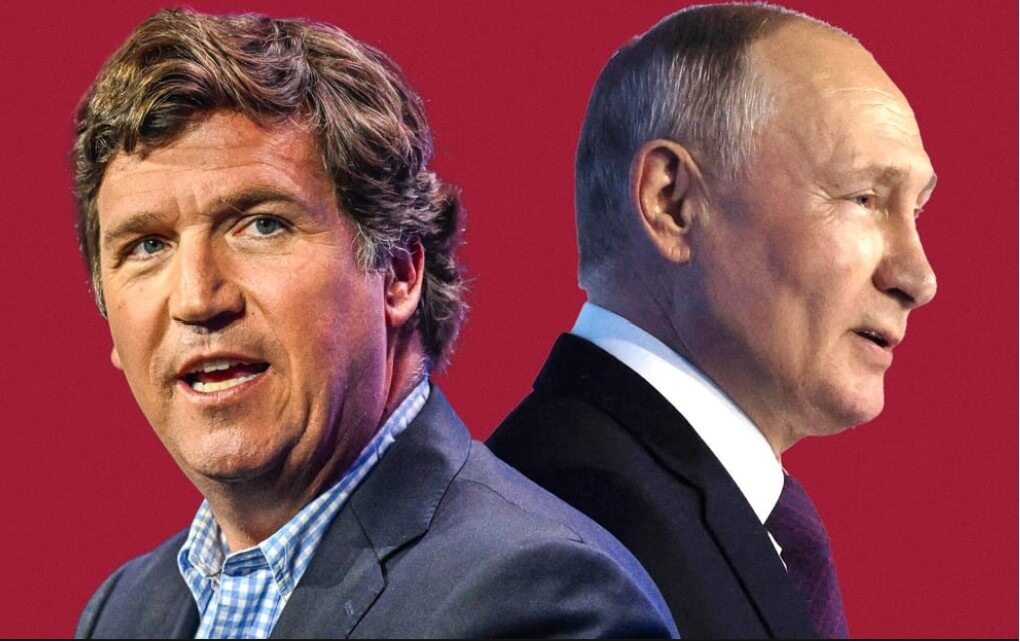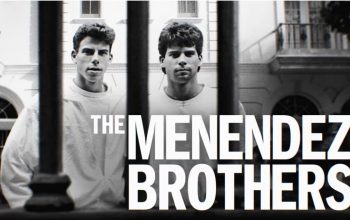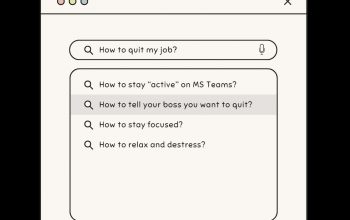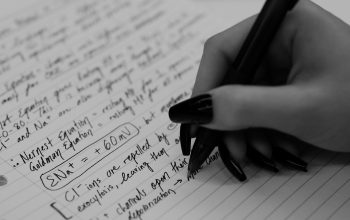Photo Credit: politico
Carlson was complacent in propagating Putin’s narrative.
Alex Varlamov, Contributor
In the Carlson-Putin interview, Tucker Carlson demonstrated his willingness to serve as a conduit for the Russian propaganda machine. Despite his occasional attempts to ask poised and reasonable questions, they were met with vague responses by the Russian leader, which Carlson accepted relatively passively. He allowed himself to be openly mocked by Putin about his past, while displaying an odd grimace when Vladimir Putin criticized Carlson’s own program.
Throughout the interview, there were multiple edits where Carlson’s team inserted imagery of Putin meeting with past US presidents, past Russian presidents, and (of course) an unflattering image of Joe Biden. These edits were intended to illustrate Putin’s points, which is perhaps understandable. However, it’s striking that no such edits were made to fact-check any of the Russian president’s claims, despite his continuous dissemination of falsehoods, particularly regarding recent Ukrainian history.
At 46 minutes in, when Putin claimed that Ukraine’s former pro-Russian president Viktor Yanukovych did not use police to suppress protests, it would have been appropriate to include images of Ukrainian protesters being killed by sniper fire from the Ukrainian special forces under Yanukovych’s order. Putin’s dishonesty should hardly come as a surprise; it barely even registers as news given his extensive history of public deception and doublespeak.
But what does this interview reveal about Carlson? Here is a man with a history of promoting the explicitly white supremacist great replacement theory: the notion that migrants are replacing America’s white population. A notable moment in the interview occurred when Putin praised Egon Bahr, a figure known for his contributions to diplomatic relations between the USSR and West Germany. However, what Putin curiously omitted was a fact about Bahr’s early life; he served as a sergeant in the Luftwaffe, Nazi Germany’s air force, before being demoted upon the discovery of his Jewish grandparent. It may not be surprising for Putin to praise a man whose later political career focused on establishing a working relationship between the USSR and the West. Nevertheless, if there was ever a moment for an on-screen disclaimer, it would be when Putin, who claims the purpose of the invasion of Ukraine is “denazification,” praises a Nazi sergeant.
This interview casts a revealing light on Carlson. He was fired from Fox for sending explicitly racist text messages amid a lawsuit against Fox partially brought on by his own claims promoting the idea that the 2020 election was stolen. Carlson then becomes the first Western journalist to interview Putin, laughing at his jokes and emphasizing his points without fact-checking any of his statements. Some may commend him for “challenging” Putin, such as when he questioned him about the term “denazification” in relation to Ukraine, despite Hitler being long dead.
However, isn’t this in line with the interests of a man who claimed that white supremacy is not a problem in America? Given Carlson’s established non-interventionist stance, getting Putin to discuss the Nazi problem in Ukraine provides Carlson with ample ammunition to argue that there truly is no white supremacy issue in the US, that the problems lie elsewhere, and that the US should refrain from intervention. Carlson is undoubtedly intelligent, but perhaps this is the most one can say about a man who exploits a violent invasion to promote his own white supremacist ideology.




